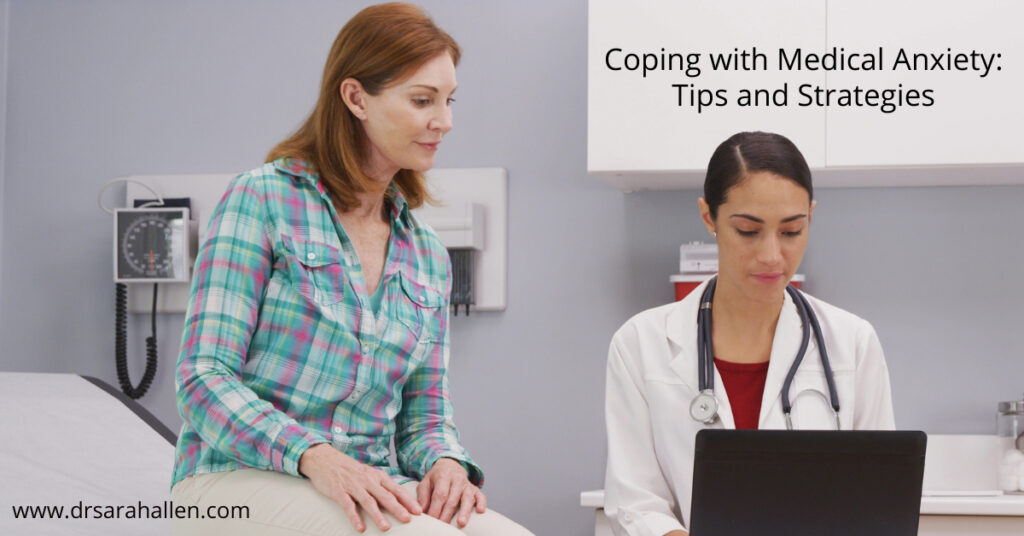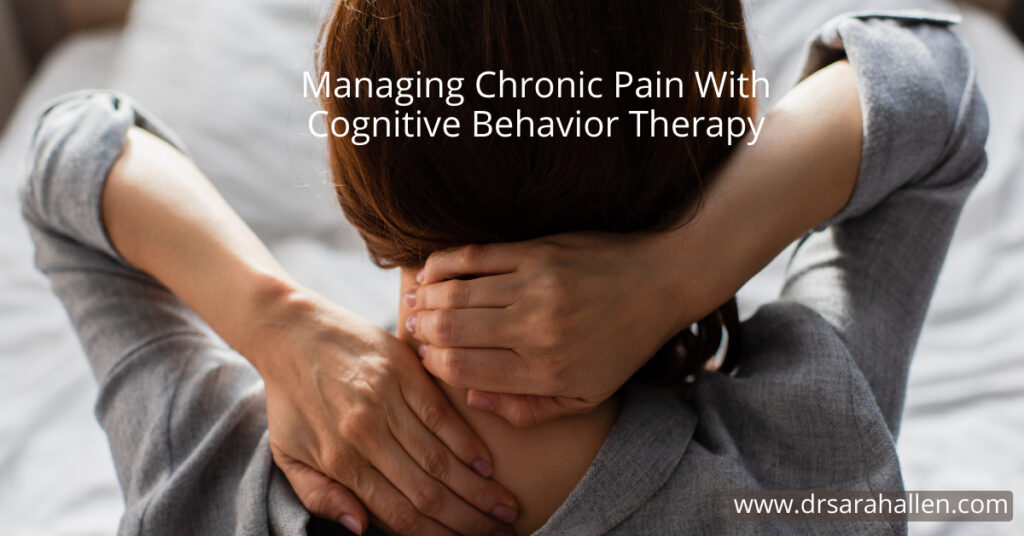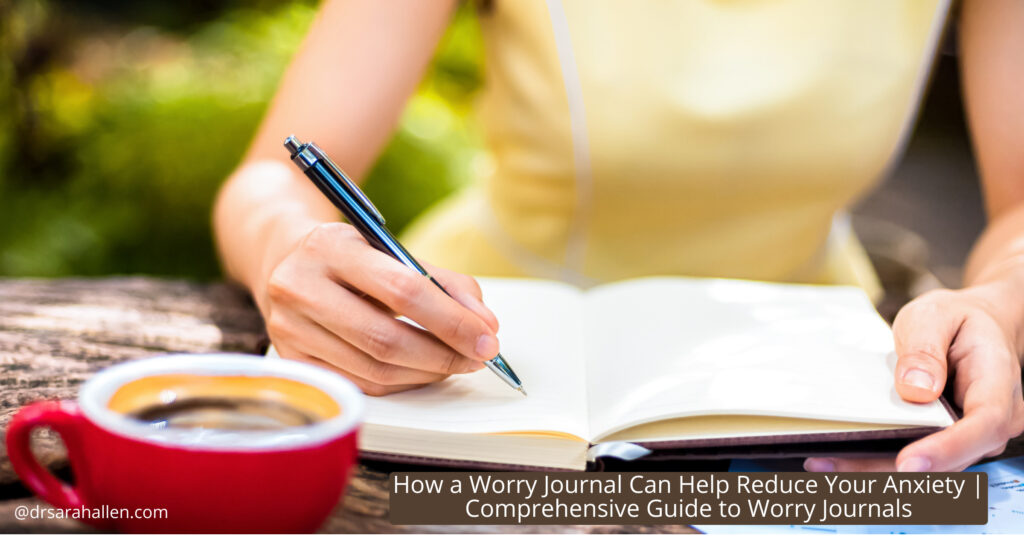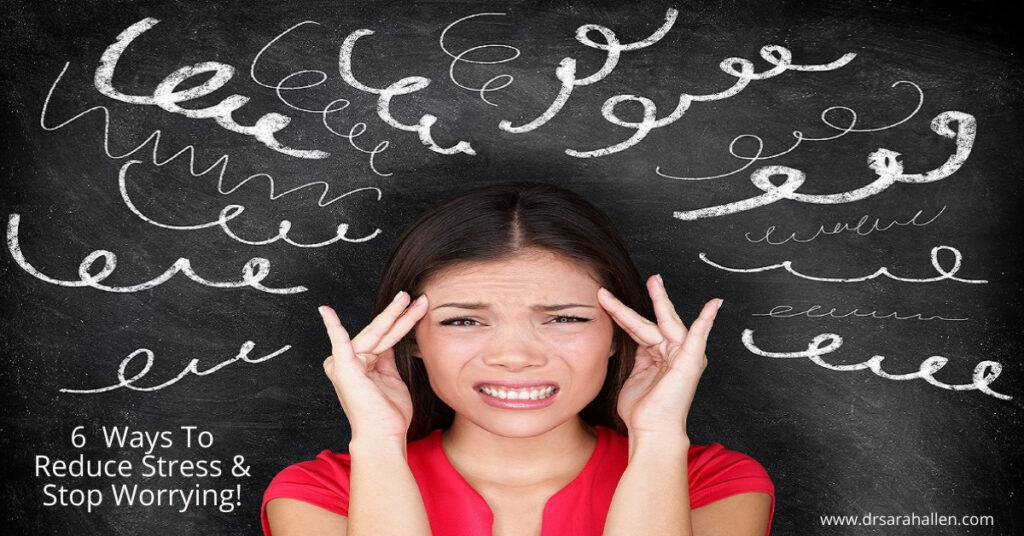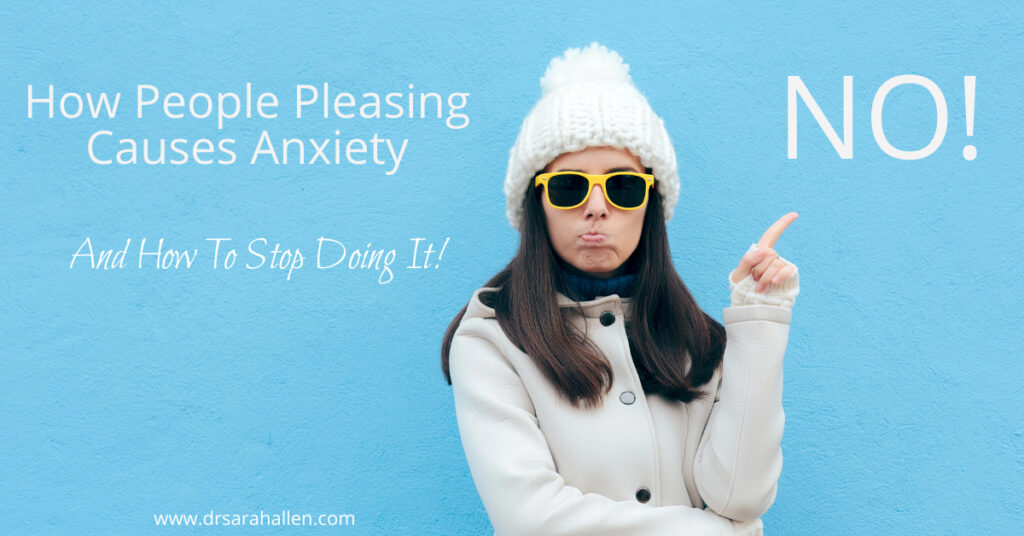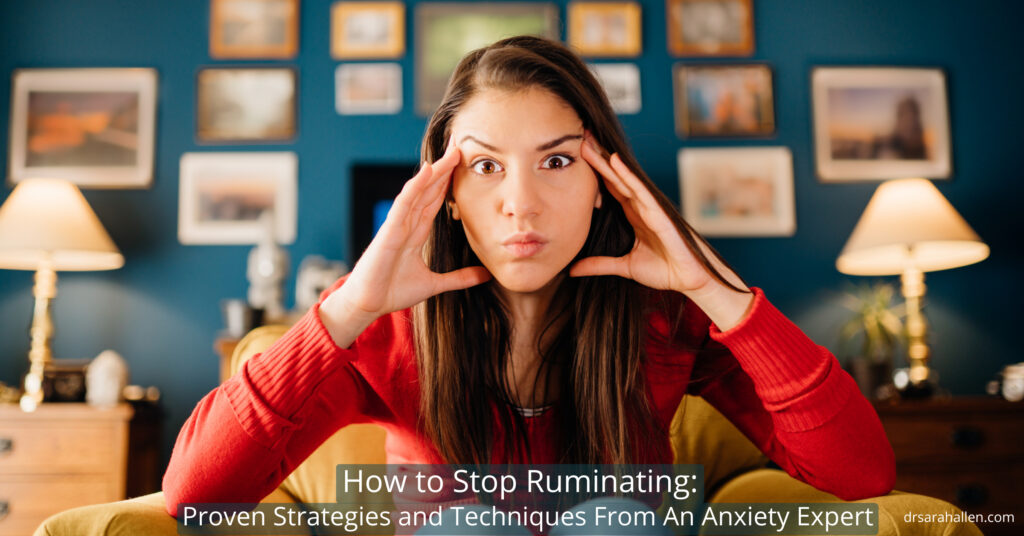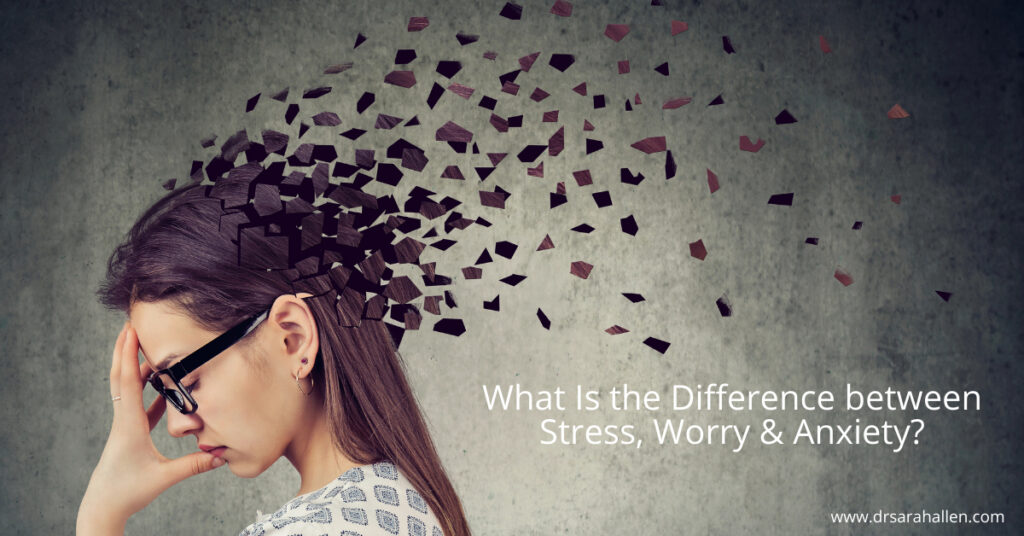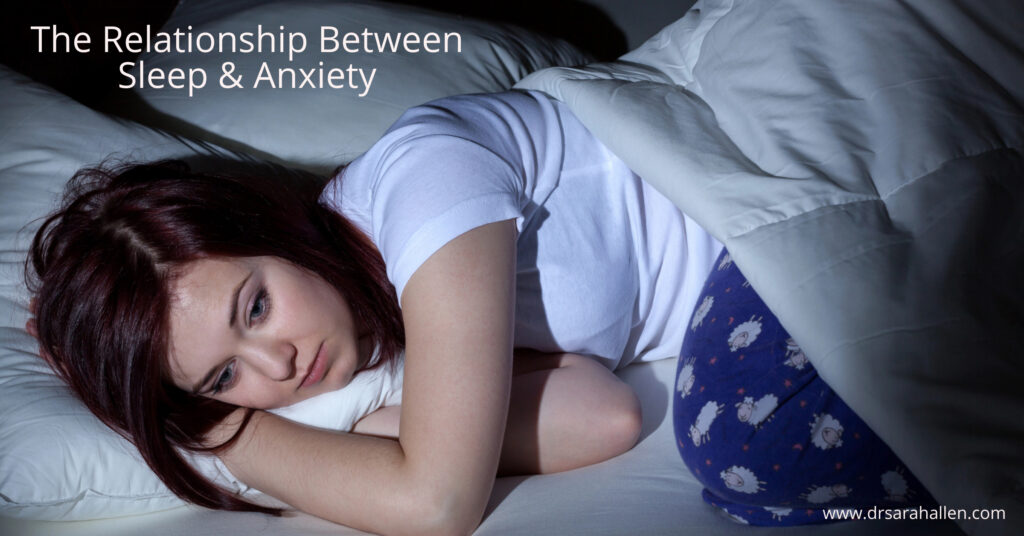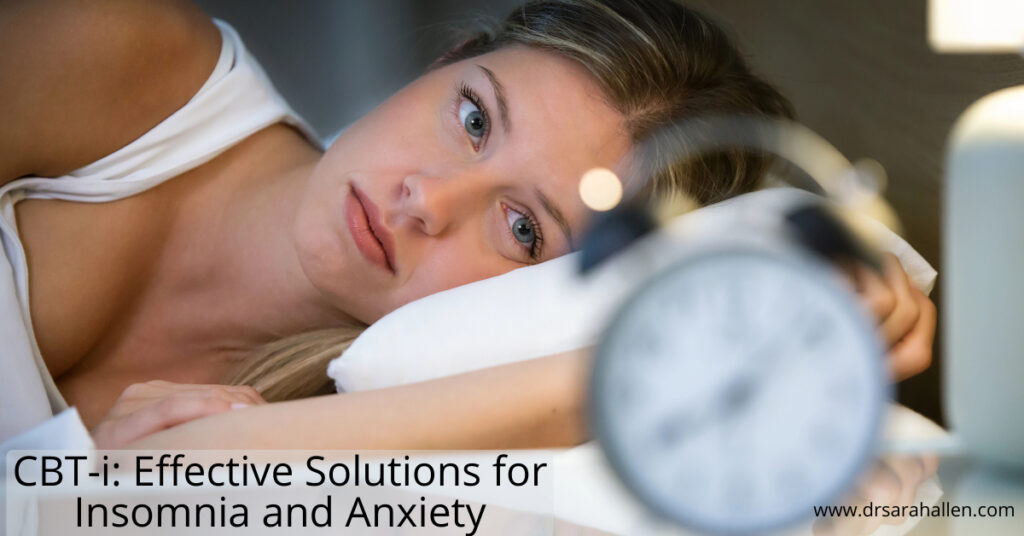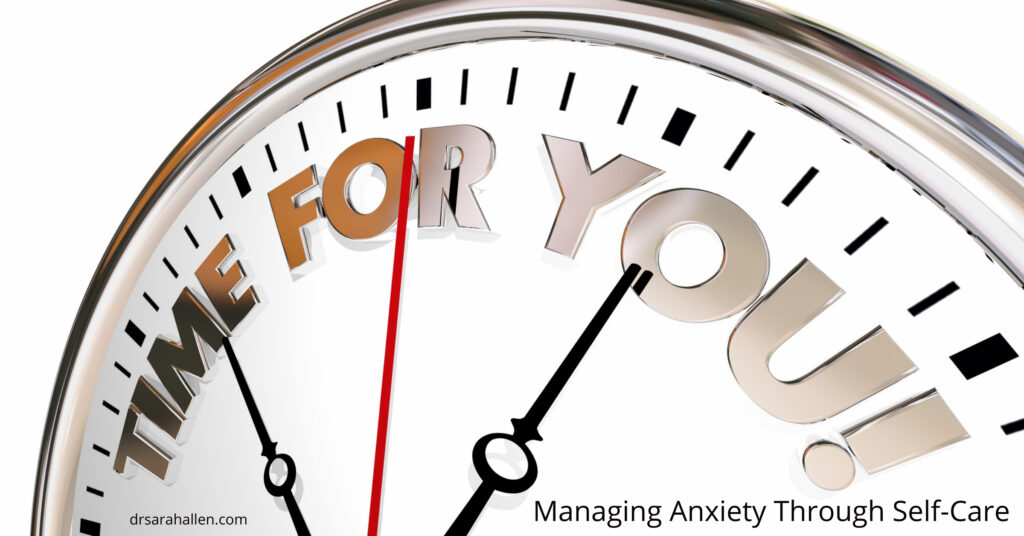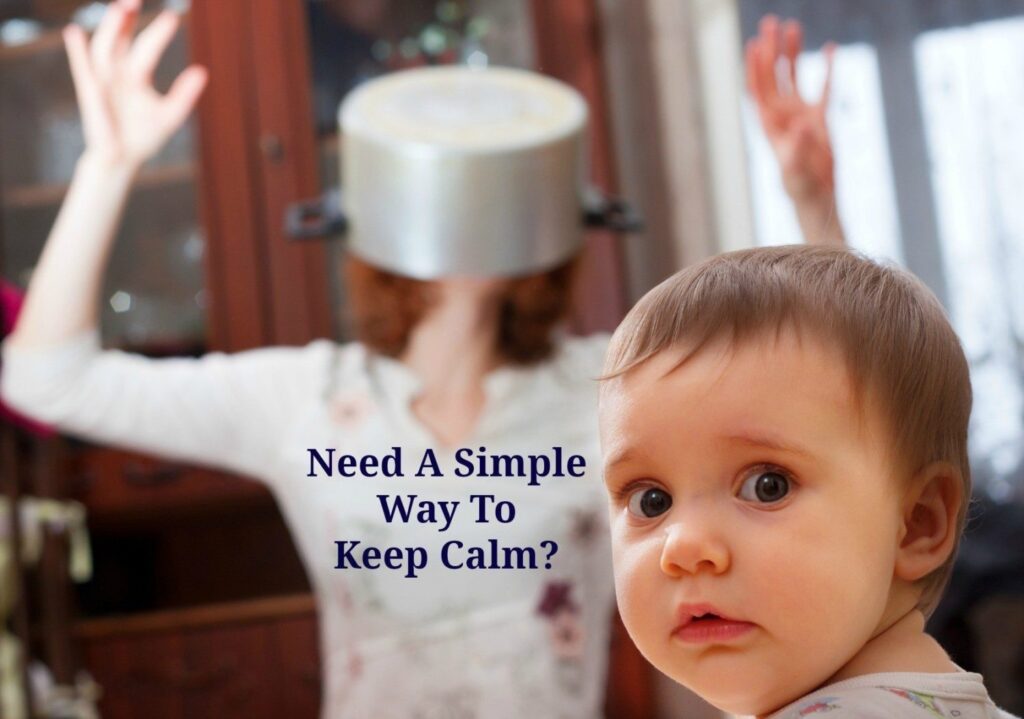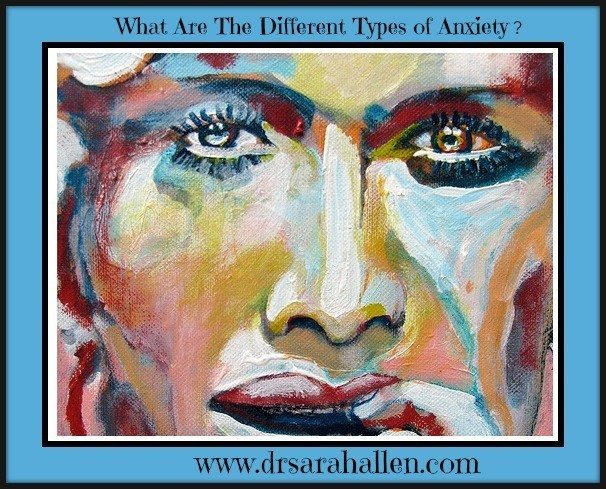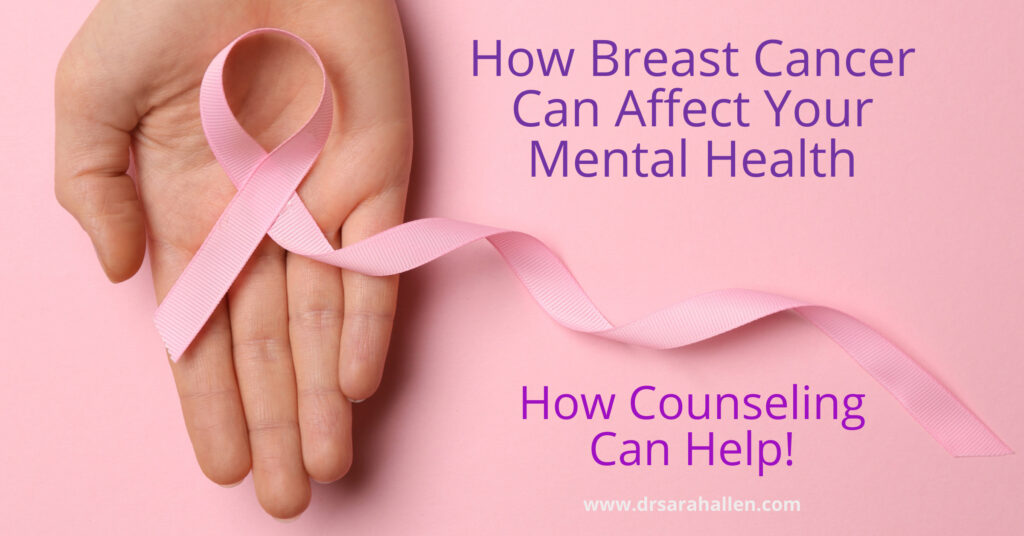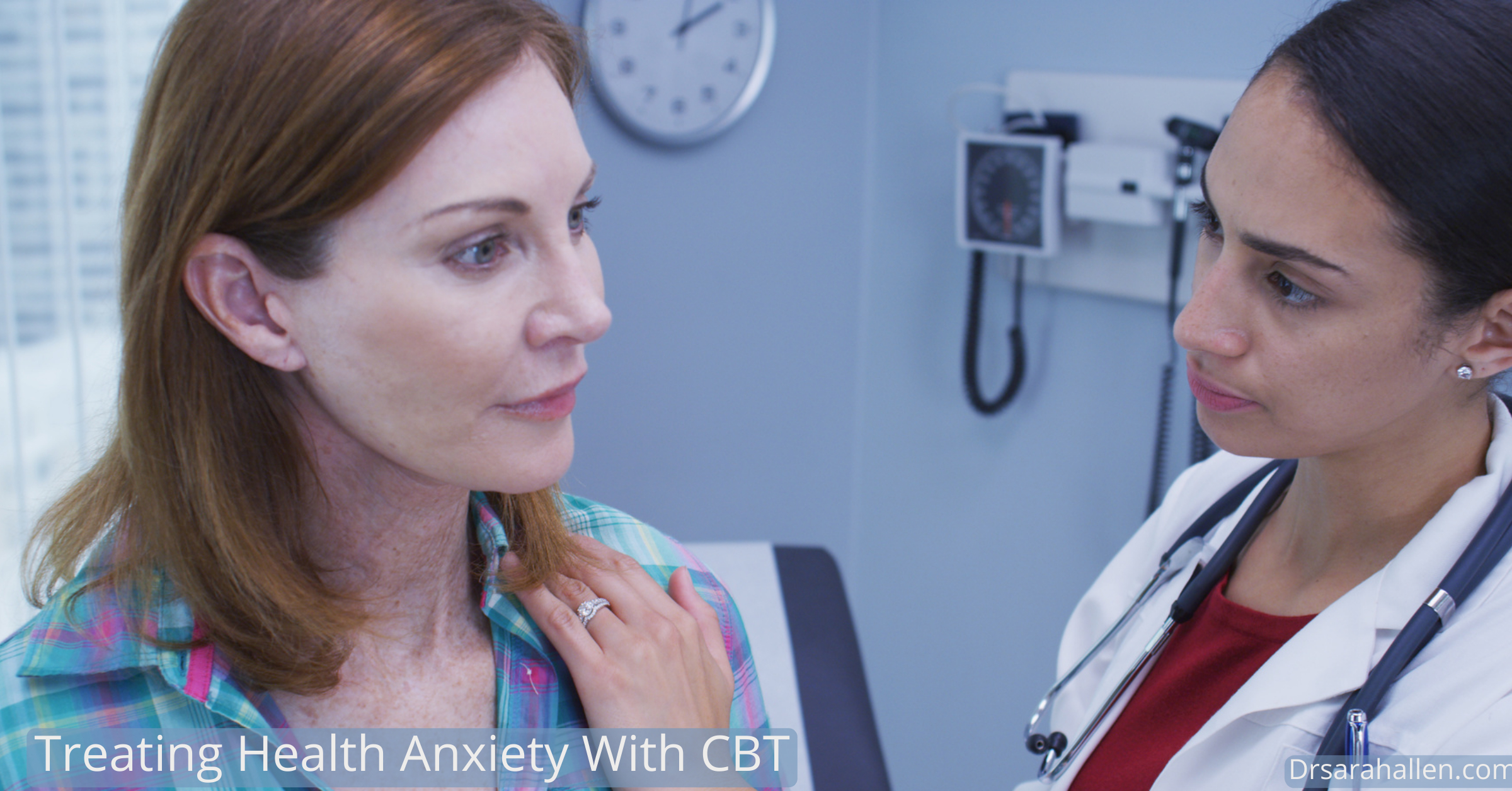
Health anxiety, also known as illness anxiety or hypochondria, is a persistent and overwhelming fear of having a serious medical condition, even when there is no evidence of illness. Individuals with this type of anxiety often find themselves caught in a cycle of worry, self-examination, and seeking reassurance from healthcare providers – leading to prolonged distress and impaired daily functioning. With the rise of the internet and easy access to medical information, health anxiety has become an increasingly modern mental health issue.
Cognitive Behavioral Therapy (CBT) is an evidence-based psychological treatment that has been proven effective in addressing various mental health disorders, including health anxiety. CBT is based on the premise that our thoughts, emotions, and behaviors are interconnected.
In addition to CBT, mindfulness practice has been increasingly integrated into health anxiety treatments. Mindfulness involves paying attention to the present moment non-judgmentally, fostering awareness of one’s thoughts and bodily sensations without engaging in worry or resistance. By cultivating this sense of present-moment attention, individuals with health anxiety can learn to observe their anxious thoughts and physical sensations without getting caught up in fear. This mindful awareness, combined with the active problem-solving approach of CBT, can create a powerful tool for managing health anxiety symptoms and regaining a sense of control and well-being.
In this article, I will dive deeper into the topic of health anxiety and its treatment with Cognitive Behavioral Therapy. Let’s explore the CBT process, its effectiveness in treating health anxiety, and the role of mindfulness practices in enhancing therapy outcomes. If you are someone struggling with health anxiety I hope that with this knowledge you can take the first steps toward feeling more in control of your health worries.
Understanding Health Anxiety
Health anxiety is characterized by an excessive worry about having a serious medical condition despite the absence of physical evidence or reassurance from healthcare professionals. This form of anxiety can manifest in various ways, such as frequent self-examination, continuous searching for medical information online, and repeated visits to doctors for reassurance. In severe cases, health anxiety can lead to significant distress, impaired daily functioning, and even avoidant behavior in social or work situations.
There are several factors that contribute to the development of health anxiety, including a family history of anxiety or medical conditions, past traumatic experiences related to health, or a predisposition towards anxiety or catastrophizing tendencies. Recognizing the negative impact of health anxiety on one’s life is an essential step in seeking help and managing its effects.
Applying Cognitive Behavioral Therapy to Health Anxiety
Cognitive Behavioral Therapy (CBT) is a short-term psychotherapy that focuses on modifying problematic thought patterns, emotions, and behaviors to improve overall mental well-being. This evidence-based approach is widely used to treat various psychological disorders, including health anxiety. In the context of health anxiety, CBT aims to:
1. Identify and challenge distorted thoughts related to health. This includes uncovering irrational beliefs and fears that drive health anxiety symptoms and replacing them with more balanced and realistic perspectives.
2. Promote behavioral change by helping individuals reduce excessive self-monitoring, seeking reassurance, or avoidance behaviors that contribute to increased anxiety and distress.
3. Develop coping strategies to manage anxiety more effectively, such as by improving problem-solving skills, practicing relaxation techniques, or learning more adaptive ways of responding to physical sensations and emotions.
CBT treatment for health anxiety typically consists of individual sessions lasting about 45-60 minutes, with the number of sessions varying depending on the severity of the issue.
The Role of Exposure and Response Prevention (ERP) in CBT
Exposure and Response Prevention (ERP) is a core therapeutic technique in CBT that has proven effective in treating anxiety disorders, including health anxiety. The idea behind ERP is to gradually expose individuals to their feared situations or sensations (exposure) while simultaneously preventing the usual anxiety-driven responses (response prevention). Over time, they learn to tolerate the distress experienced during exposure and recognize that their fears are unfounded, ultimately reducing anxiety and avoidance behaviors.
In the context of health anxiety, ERP may involve the following steps:
1. Collaboratively creating a hierarchy of feared situations, thoughts, or bodily sensations related to health anxiety.
2. Gradually confronting each item on the list, starting with the least anxiety-provoking and progressing to more challenging items.
3. Practicing response prevention during exposure by resisting the urge to engage in anxiety-driven behaviors such as seeking reassurance, self-examination, or avoidance.
4. Reflecting on the experiences during exposure and how those experiences align with or contradict their health-related fears.
Repeated exposure sessions help individuals develop a more accurate understanding of the feared situations, thoughts, or bodily sensations and bring their anxiety levels down over time. For some, just the idea that I am going to ask you to face feared situations is anxiety producing but we will make very small, manageable goals that are only slightly outside of your comfort range and work up from there and you are never made to do anything, it is always within your control.
Incorporating Mindfulness Into Health Anxiety Treatment
Mindfulness, which focuses on cultivating non-judgmental, present-moment awareness, has gained significant traction in mental health treatment in recent years. Incorporating mindfulness practices into CBT can further improve the effectiveness of therapy for health anxiety, as it promotes awareness of thought patterns and bodily sensations without getting caught up in worry or fear.
Mindfulness techniques can be incorporated into CBT in several ways, such as through:
1. Mindfulness meditation, where individuals observe their thoughts and sensations without judgment or seeking to change them, developing an ability to disengage from the cycle of anxiety.
2. Body scanning, which involves a focused attention on various parts of the body and any sensations present, promoting both relaxation and awareness of bodily sensations without alarm.
3. Breathing exercises, which help to cultivate mindful awareness while providing a calming effect on the nervous system and reducing anxiety symptoms.
Taking Control of Your Health Anxiety
Health anxiety can be a debilitating and distressing condition, but Cognitive Behavioral Therapy offers concrete tools and strategies to help address these fears and regain a sense of control over one’s life. By incorporating elements of CBT, ERP, and mindfulness, individuals can learn to manage their health anxiety more effectively, improve their overall mental well-being, and enjoy a higher quality of life.
If you or someone you know is struggling with health anxiety, contact Dr. Sarah Allen as she specializes in treating anxiety therapy in Chicago, the Northshore Suburbs and throughout Illinois and Florida. With her help, it is possible to break the cycle of health anxiety and rediscover a life free from its grip.

If you have any questions, or would like to set up an appointment to work with me and learn how to reduce anxiety, please contact me at 847 791-7722 or on the form below.
If you would like to read more about me and my areas of specialty, please visit Dr. Sarah Allen Bio.
Dr. Allen’s professional license only allows her to work with clients who live in IL & FL & the UK and unfortunately does not allow her to give personalized advice via email to people who are not her clients.
Dr. Allen sees clients in person in her Northbrook, IL office or remotely via video or phone.

What Can I Read That Helps Me While I Am Waiting For My First Appointment With Sarah?
Download this free booklet to gain valuable insights and practical strategies for managing anxiety and worrying.



